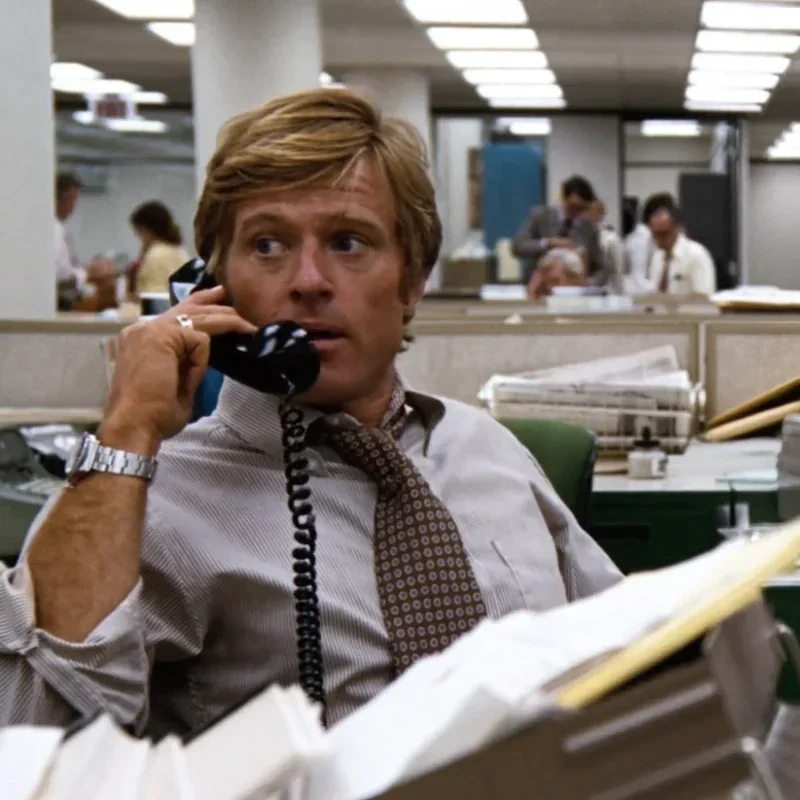Embracing The Soil Which Grows The Best Version of Me
“The best moments in reading are when you come across something. A thought, a feeling, a way of looking at things, that you'd thought special, particular to you. And here it is, set down by someone else, a person you've never met, maybe even someone long dead. And it's as if a hand has come out and taken yours.” (Bennett, 2006)
Culture is a bridge between here and there. Between us and them. Between now and then. A sketch unfinished as much as a process of ritual and becoming (Naipaul, 1987). Of both belonging and doing as much as arrivals and departures (Street in Frei, 2023a). But often we find ourselves in the limbic space between language, of being neither here nor there. This is Naipaul’s lived experience as an immigrant in The Enigma of Arrival (Naipaul, 1987), but also mirrors my own. Of making a life in America but being from England. Forever being pulled by the nostalgia and language of where I’m from, but physically bound in space to the culture I’ve chosen.
This limbic existence can feel nostalgic but is also one of displacement. Of never truly being local to anywhere. I’m at once both the kid who left England, but also the kid who’s not from here in America. I live a life surrounded by the signals of banal English nationalism (Piller, 2017), but the longer I’m in America, the less these symbols mean. In fostering the ability to engage with realities other than my own in forming an identity based on the blending of two nationalities, a hierarchy of preference forms (Piller, 2017). I dismiss the less desirable aspects of where I’m from but retain those deeper traits with which I align and share pride. Similarly, I can hold distant that which I’m uncomfortable with in my new home, while embracing that for which I moved here.
But this work carries risk, and the pitfalls of language are everywhere. Humor is often the crutch upon which I lean (Pomerantz, 2023), but it has also gotten me into trouble as my words often fall somewhere in the Atlantic Ocean, landing neither here nor there. But as Naipaul seeds in his nested journeys, echoes of previous arrivals and departures, welcomes and farewells (Naipaul, 1987), don’t just bridge, they strengthen the diversity and richness of one’s identity, and for me this is deeply true my lived experience as an immigrant. That the delta between here and there is something to be embraced as something which has made me uniquely… me. That I’m the binding agent between the cultures of my life. As an immigrant, even within the shared language of English, very often I've had to learn different languages from my own in this work, with new words, meanings and interpretations needing to transcend the spaces between people of differing cultural origin.
Boundaries between the spaces of here and there have had to become porous, and the depth of my experiences become richer when I embrace them both, rather than forcing a choice. But these boundaries are rarely fixed, and never final. That we are perpetually in states of arrival and departure, of welcomes and goodbyes, and of doing and becoming. That culture and language have no end points, and that even if we choose to delineate boundaries for ourselves, they are meant to be stretched in service of others.
Ritual has been a binding agent between language and culture the longer I’ve lived in America. Rituals of food, travel, work, family, and happiness have all brought me closer to those around me and solidified a stronger sense of home. America has adopted me, but I’ve also adopted it, and the perpetually fluid cycle of adoption, of bringing others into your life, as LaDonna Brave Bull Allard suggests, is the very essence of everything (Frei, 2023b).
Others may come and go through our lives, passing in moments like Naipaul’s landlord (Naipaul, 1987), but my experience of being neither here nor there, of America being my home but ‘over there’ being where I’m from, has formed in me, as Jami Fisher’s work explores, a ‘third culture’ (Frei, 2023c). A place where the voltage of creativity between worlds allows me to truly carve out a space to be the most me. The best version of me. The most authentic me. It’s a space where I must listen more intently, translating between worlds into a language which is uniquely mine.
Where I’m from isn’t the past. It’s fundamental to my present. And where I am in the future is shaped by not just the chapters of life already written, but by the chapters all around me. That culture and language aren’t bridges at all. They’re the soil in which our lives thrive. And as my roots continue in burrow deeper in my home country, they are richer and stronger for the nourishment I give them and the seeds from which they’ve grown.




































